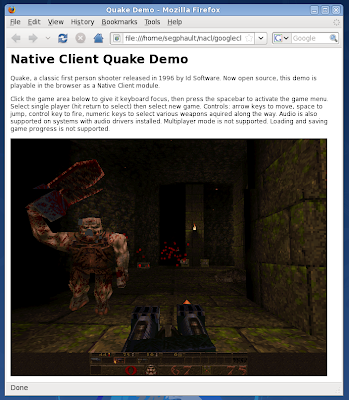I remember, when I was in class 9 or 10, I read somewhere that children are the most free thinkers (and innovators), because they don't have any knowledge of financial / physical constraints, etc., and so their thinking wanders freely. In contrast, the thinking of experts, professionals and researchers is (at least sometimes and at most always) handcuffed by their knowledge of "costs", "feasibility", "practicality", etc.
It's more likely that the solution produced by an expert or a professional / researcher will work, but it's also likely that this class of people will not be able to come up with "fresh", "out-of-the-box" and "revolutionary" ideas (due to the reason mentioned already).
With this context in mind, I will write an idea - a childish one - that has the potential to make
shutterless digital cameras possible.
Why a shutterless digital camera? I like digital devices with the least number of moving parts. I like it when functionality is delivered without having any moving part (so I love flash memory based SSDs over magnetic HDDs). I
feel that gadgetry with moving parts is unreliable (especially hard disks). And a digital camera with no moving parts would certainly be great - long-life, shock-proof, and longer battery life.
The idea - can varying the time for which we "pick" the signal from a digital camera's sensor be used to emulate the effect of shutter speed? More specifically, the idea is to
turn on the sensor of the camera for such an amount of time, so that the amount of signal collected from the sensor is equal to the amount of signal we get by keeping the shutter open for a specified amount of time.In a nutshell, the idea is that - the sensor is always exposed to light. However, it's to be turned on only when a picture is to be taken. And it's to be turned on for a small amount of time, and a
continuous signal is to be
collected for that time. The continuous signal could be broken down into discrete signals (say every 1/5000 second), so that RGB values represented by each discrete signal are added to progressively
build the image. The longer the sensor is turned on, the more exposed the image would be (as each discrete signal would be added).

2 things to note:-
- The mapping between conventional shutter speeds and the time for which we capture signal using this idea may not be (will most likely not be) direct. For instance, it's possible that to get the kind of photo we get using 1/60 second as shutter speed, it's required to sample the signal for only 1/25 second
- It's possible that this entire idea is fundamentally flawed (i.e. it's based on certain assumptions made subconsciously - i.e. without explicit knowledge - which are incorrect). But in that case, it's possible that a new kind of sensor (possibly using a new kind of technology - for example using photoelectric effect) can be constructed for which this idea works
Update (22-12-08): I read about the concept of
Design for Manufacture (DFM) while traveling from Delhi to Ludhiana. The concept, essentially restrains a designer's thinking to make sure that what he designs is
manufacturable. These restrains are the kind of things that prevent
free thinking, and children, unaware of these restrains, innovate and think freely! Read about DFM
here,
here,
here and
here.
About Me - Flickr Profile
 However, if the window is maximized, Safari corrupts the correctly-rendered image
However, if the window is maximized, Safari corrupts the correctly-rendered image Safari also incorrectly renders the Acid2 test, if horizontal length of the window is made small
Safari also incorrectly renders the Acid2 test, if horizontal length of the window is made small The extent of corruption increases as the horizontal length is decreased further
The extent of corruption increases as the horizontal length is decreased further Finally, Apple engineers have still not solved the annoying white line bug in Safari - it looks so crude and unprofessional
Finally, Apple engineers have still not solved the annoying white line bug in Safari - it looks so crude and unprofessional However, despite all this, it's reassuring to see that this build of Safari shines in the Acid 3 test
However, despite all this, it's reassuring to see that this build of Safari shines in the Acid 3 test




